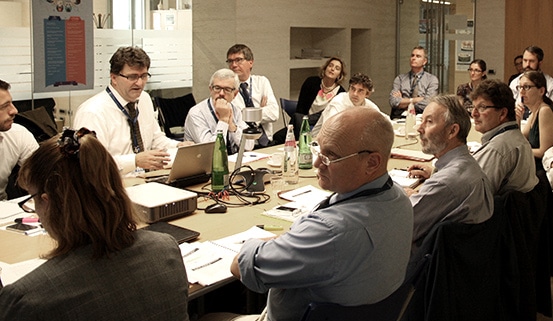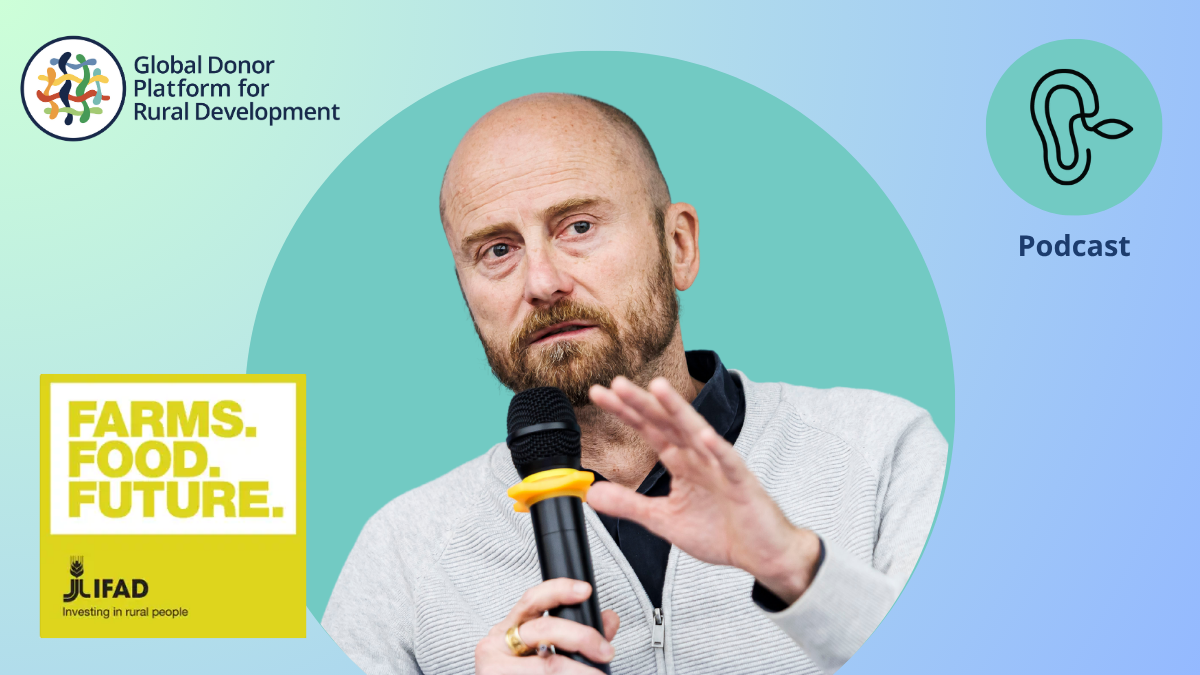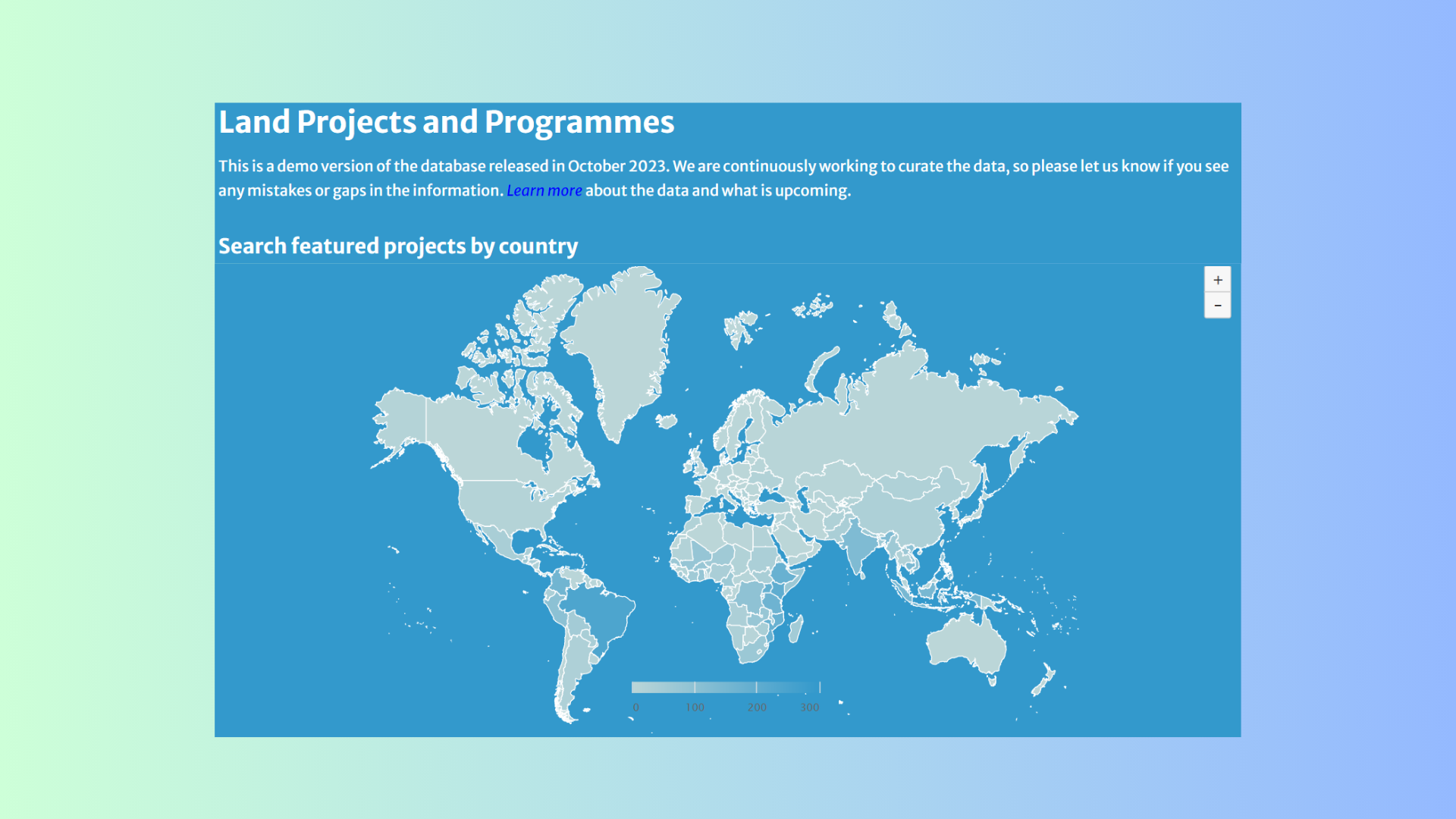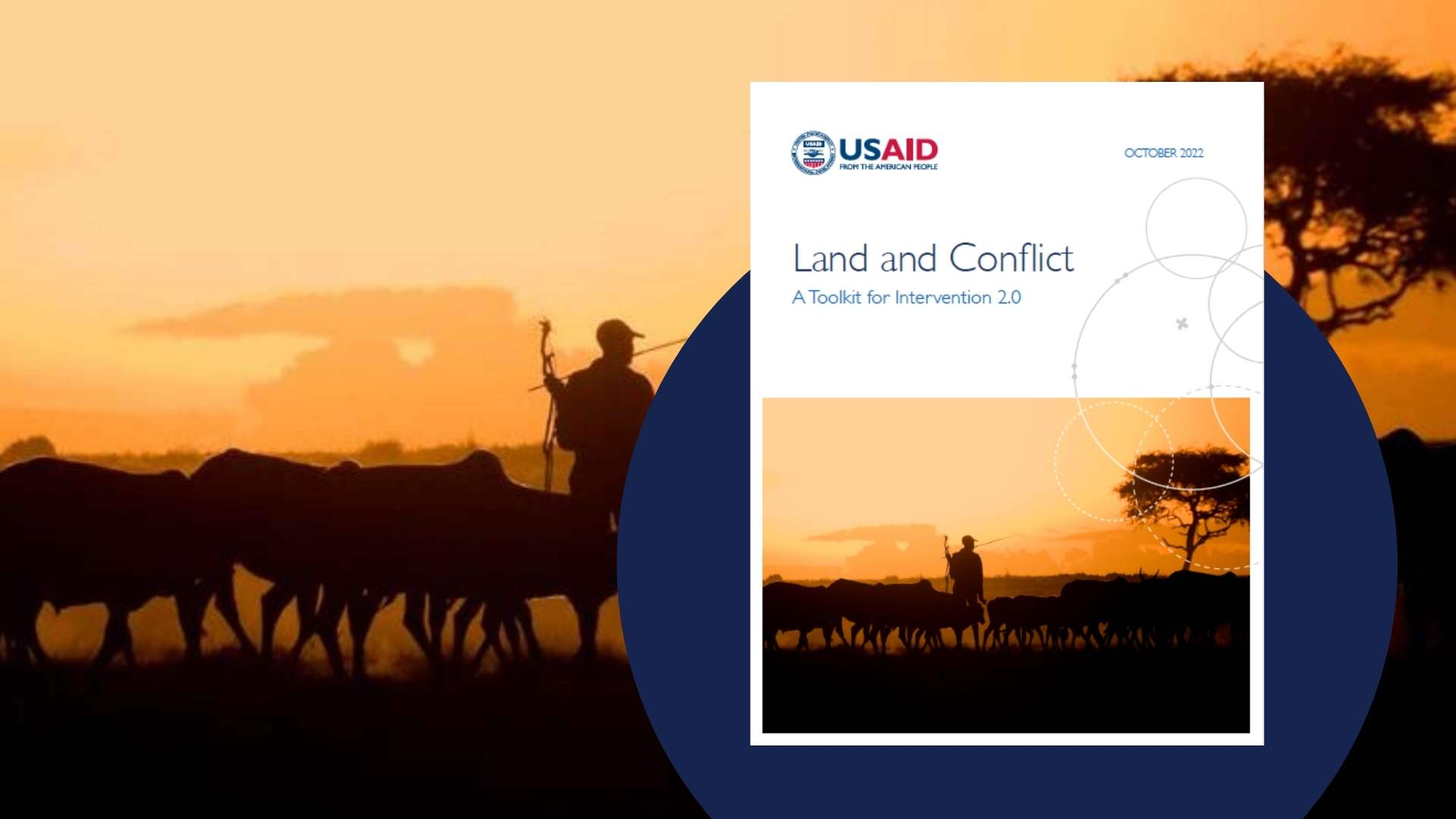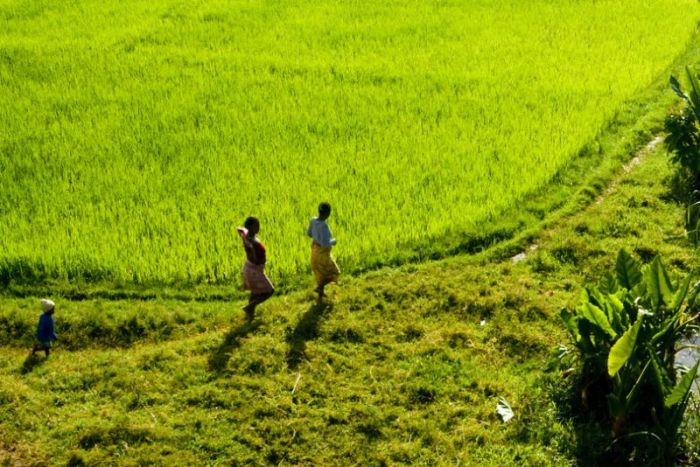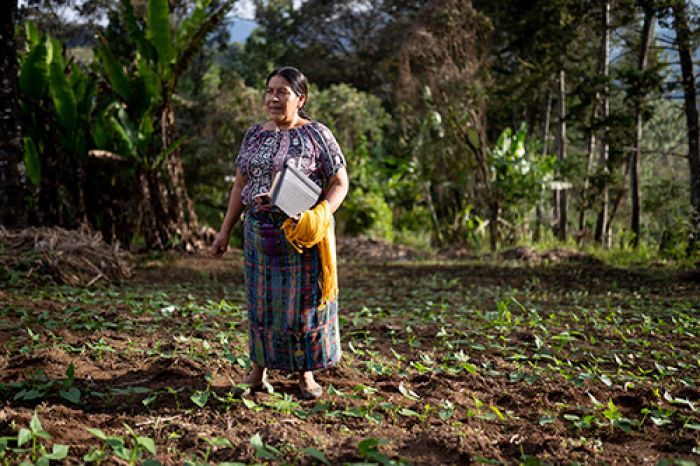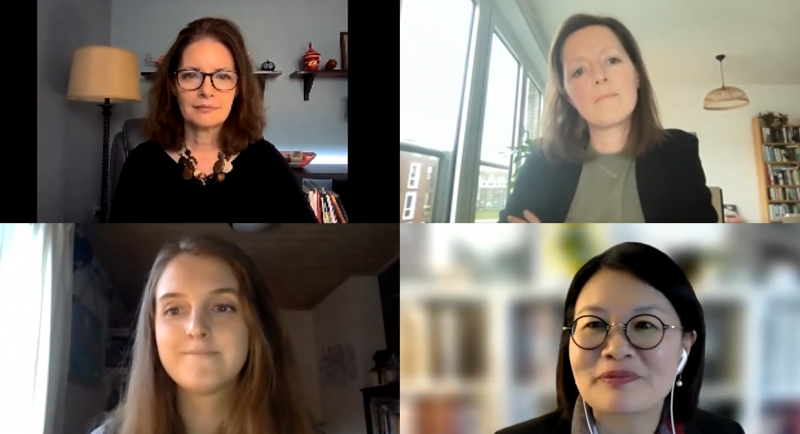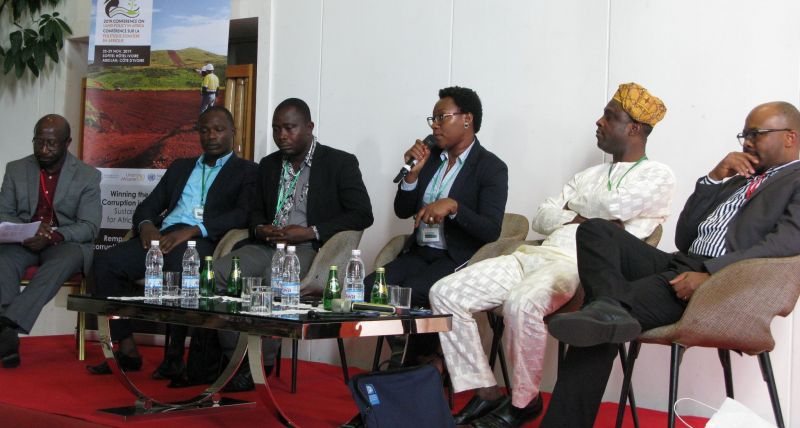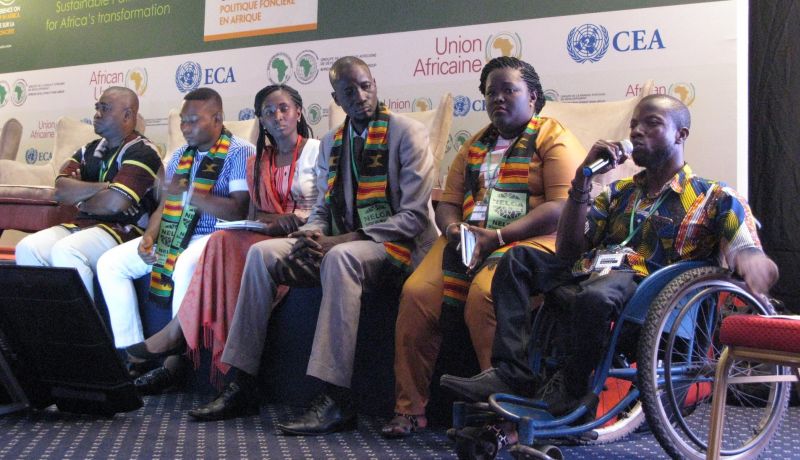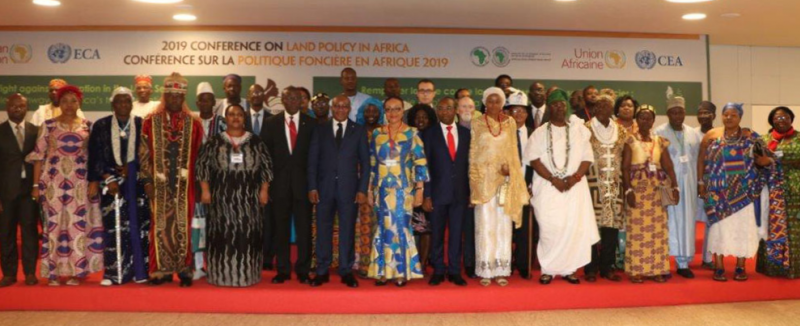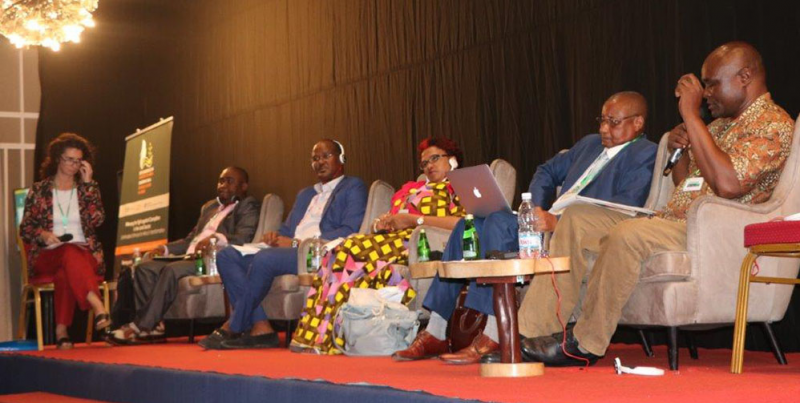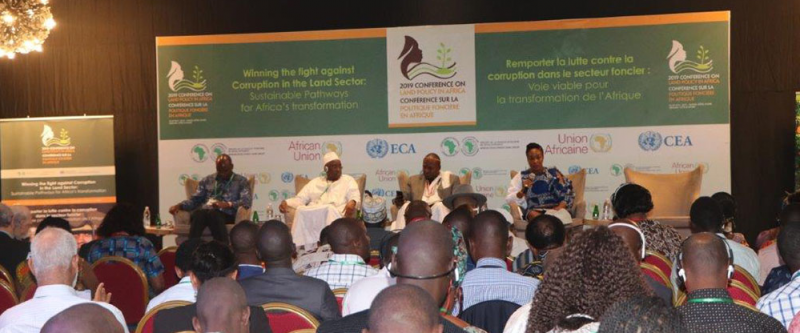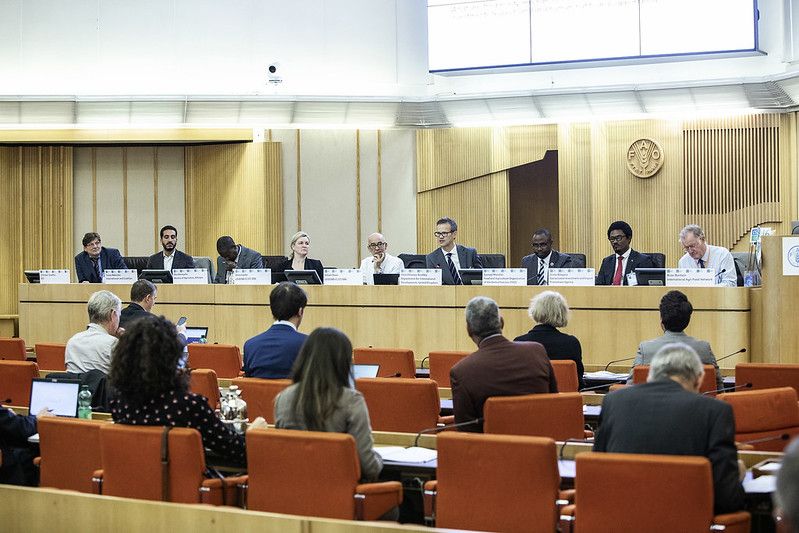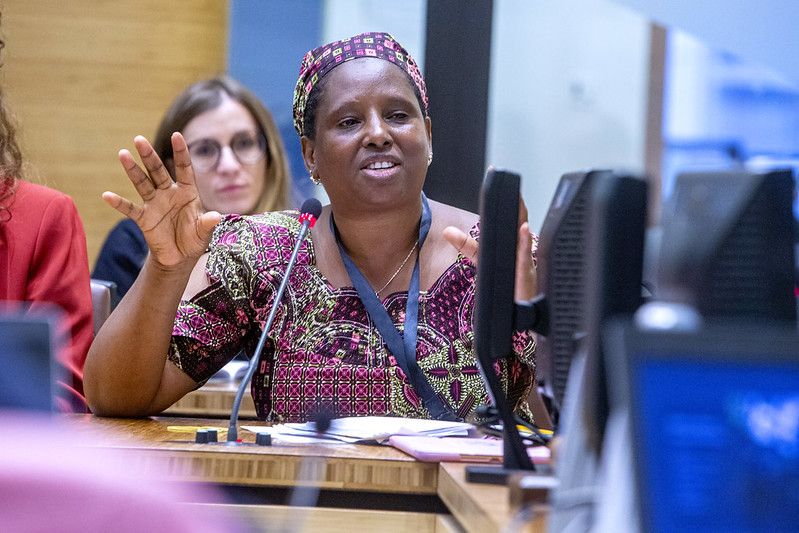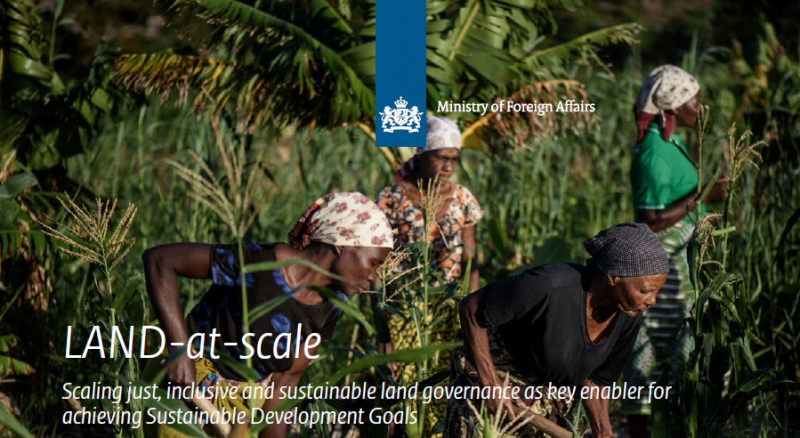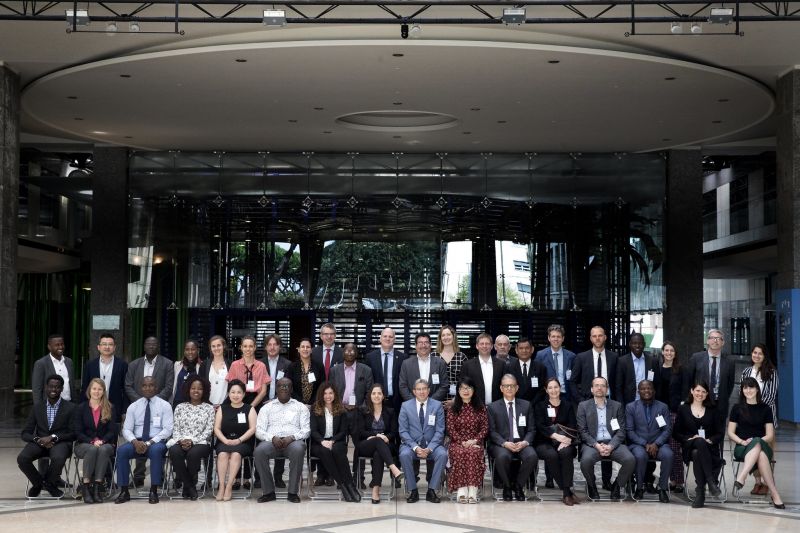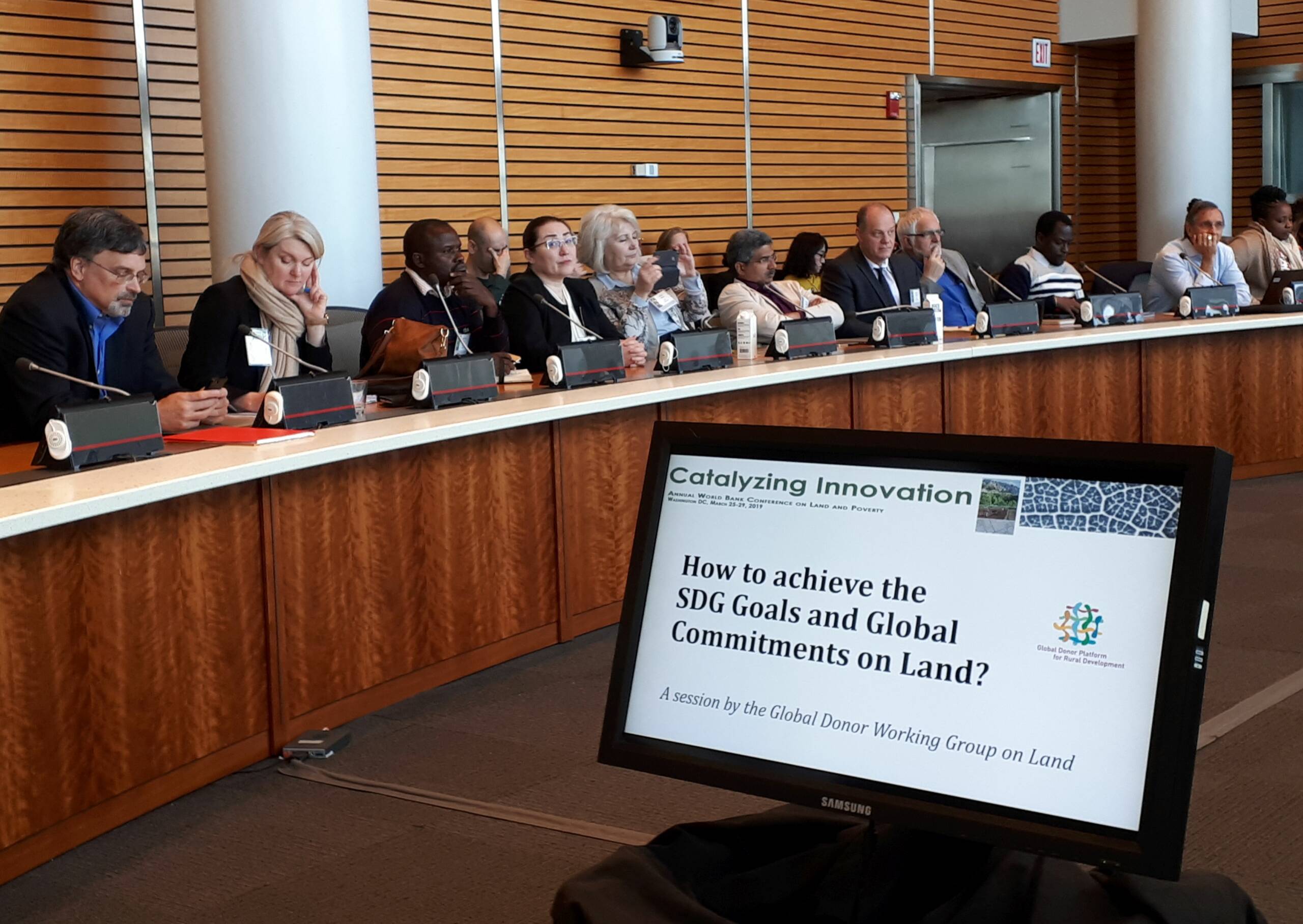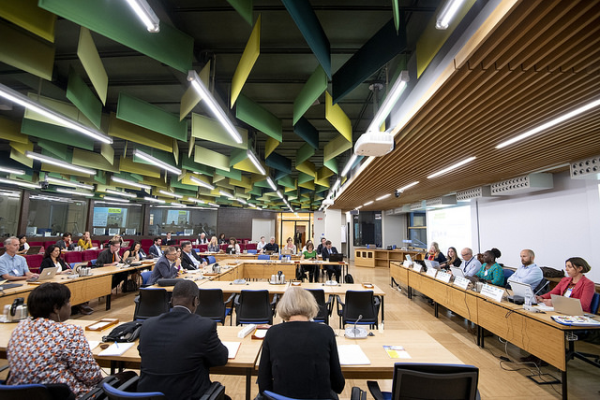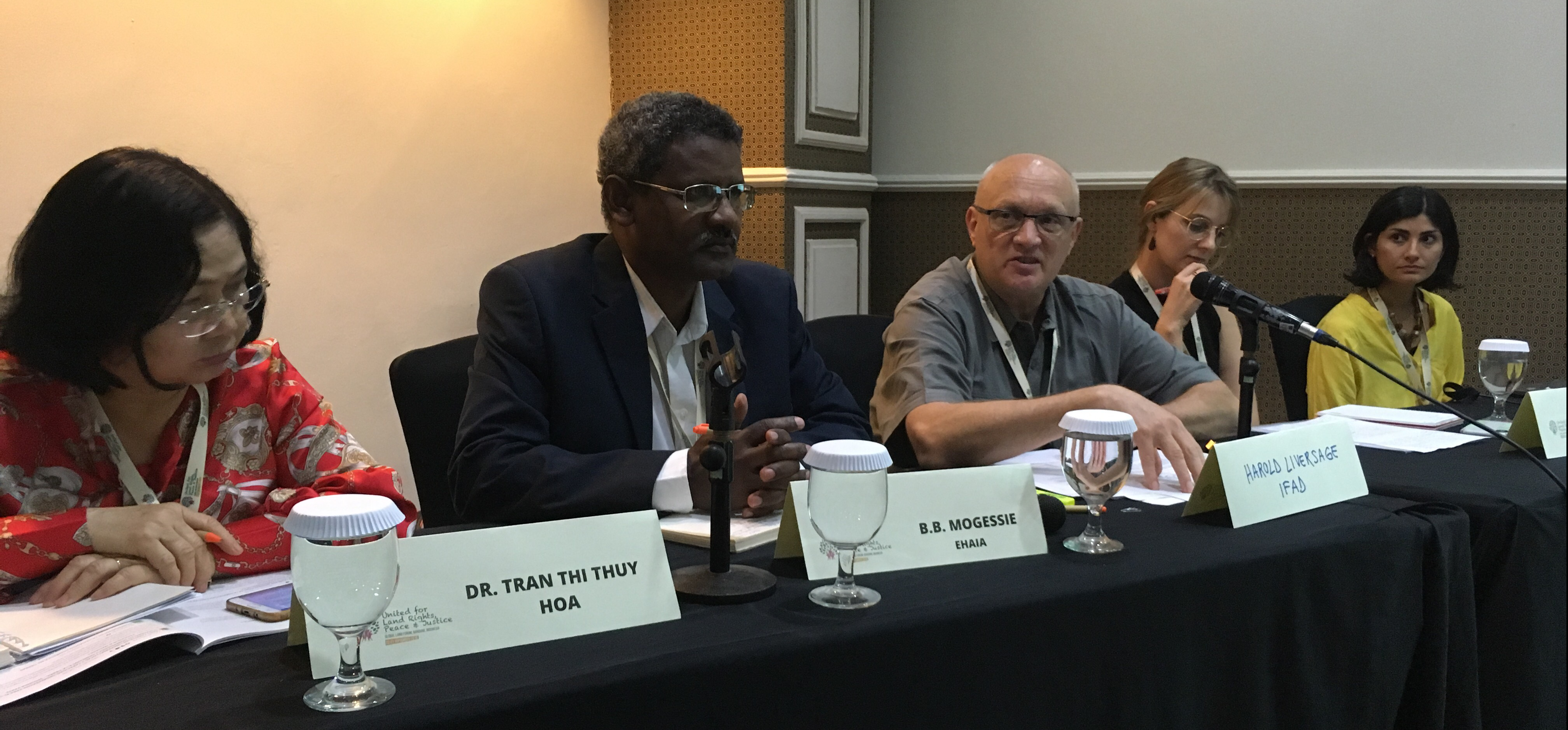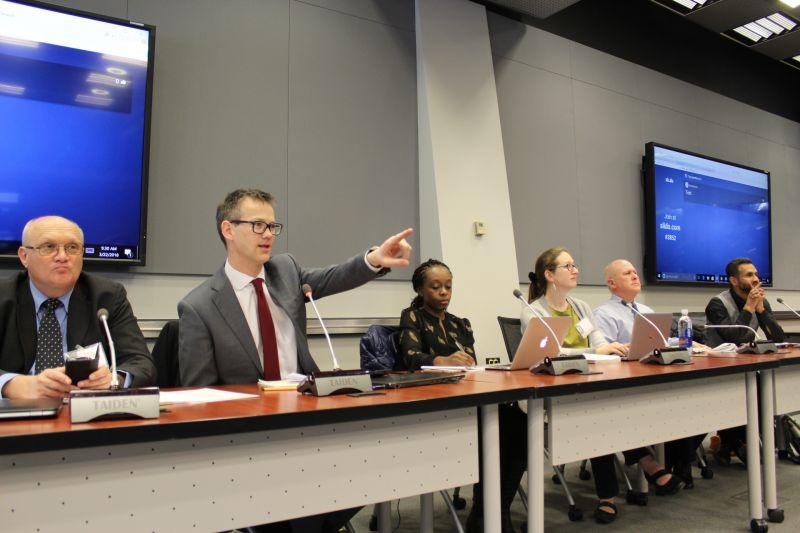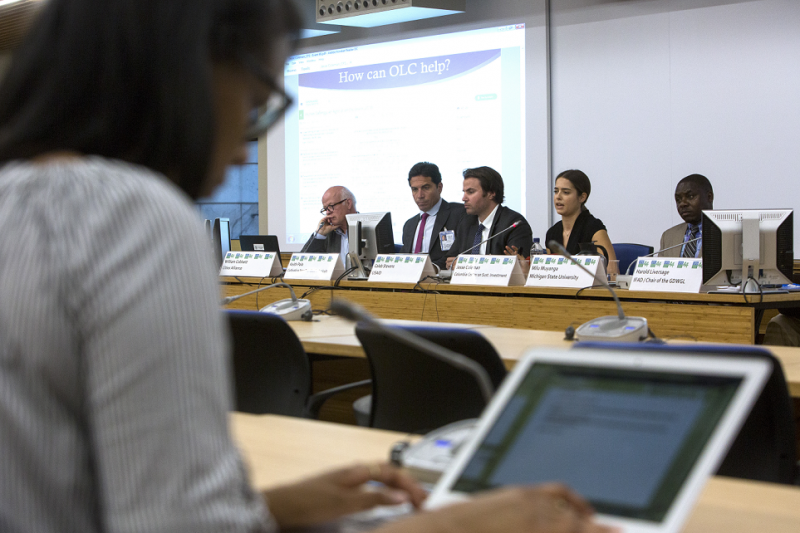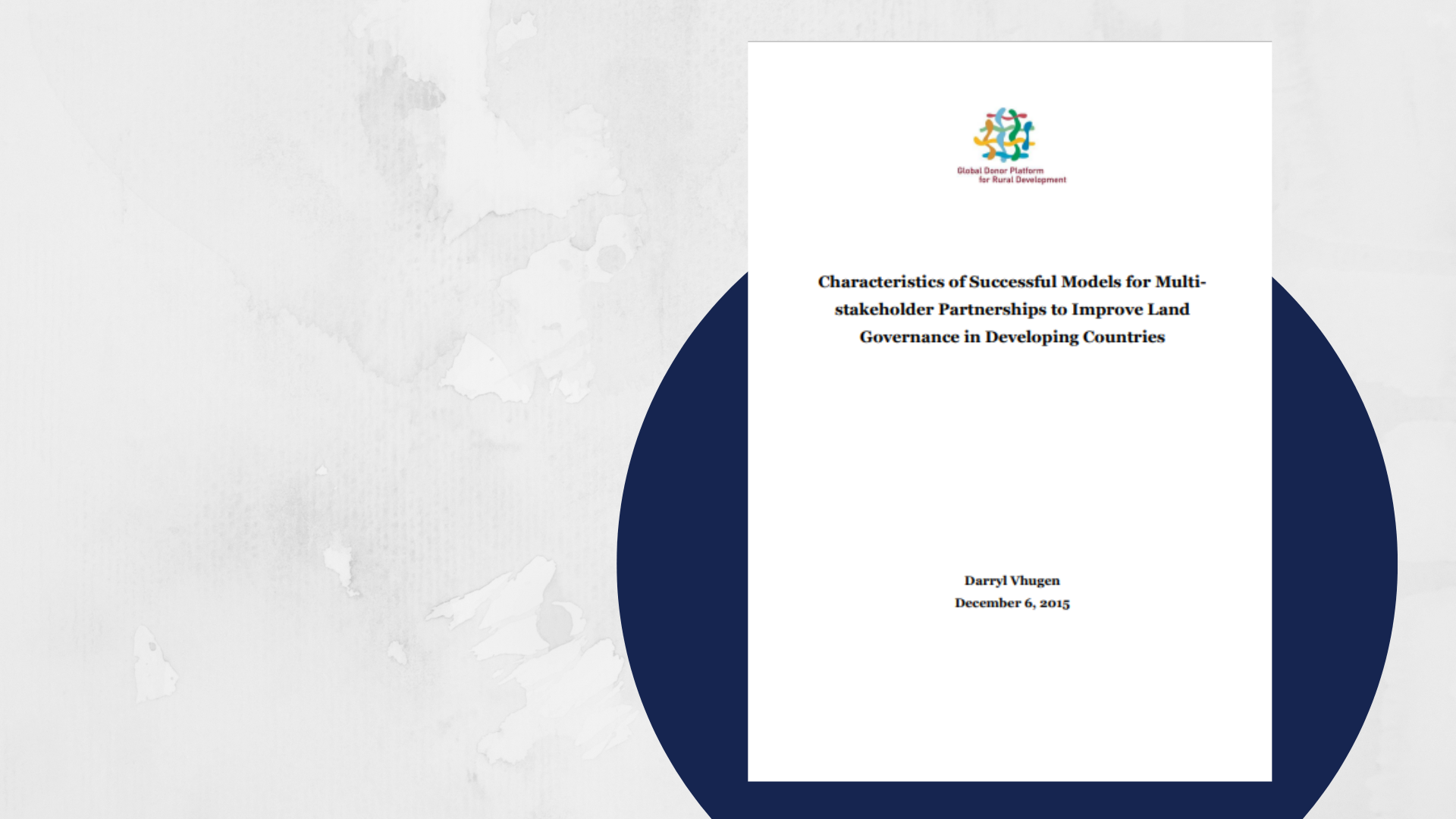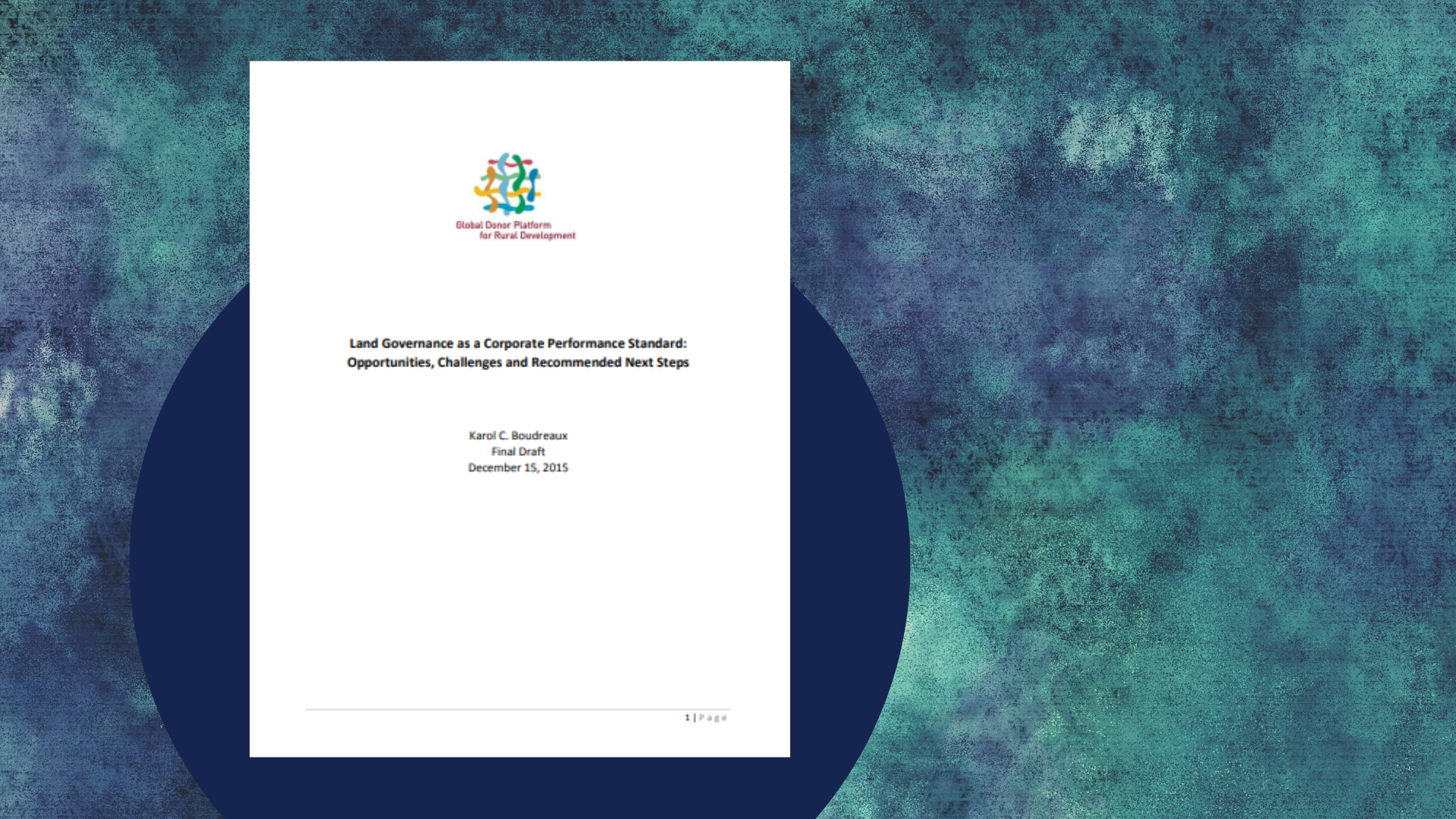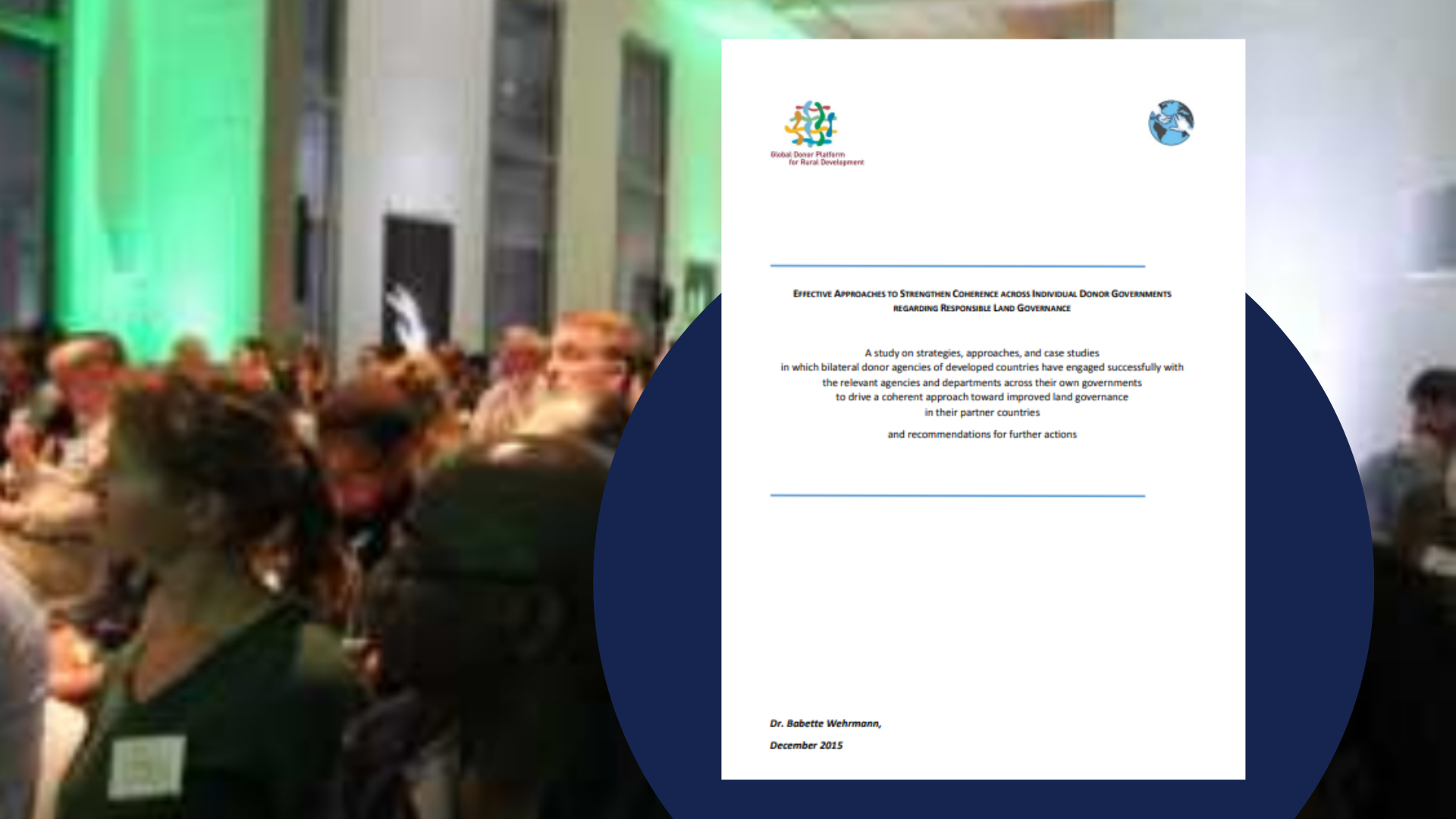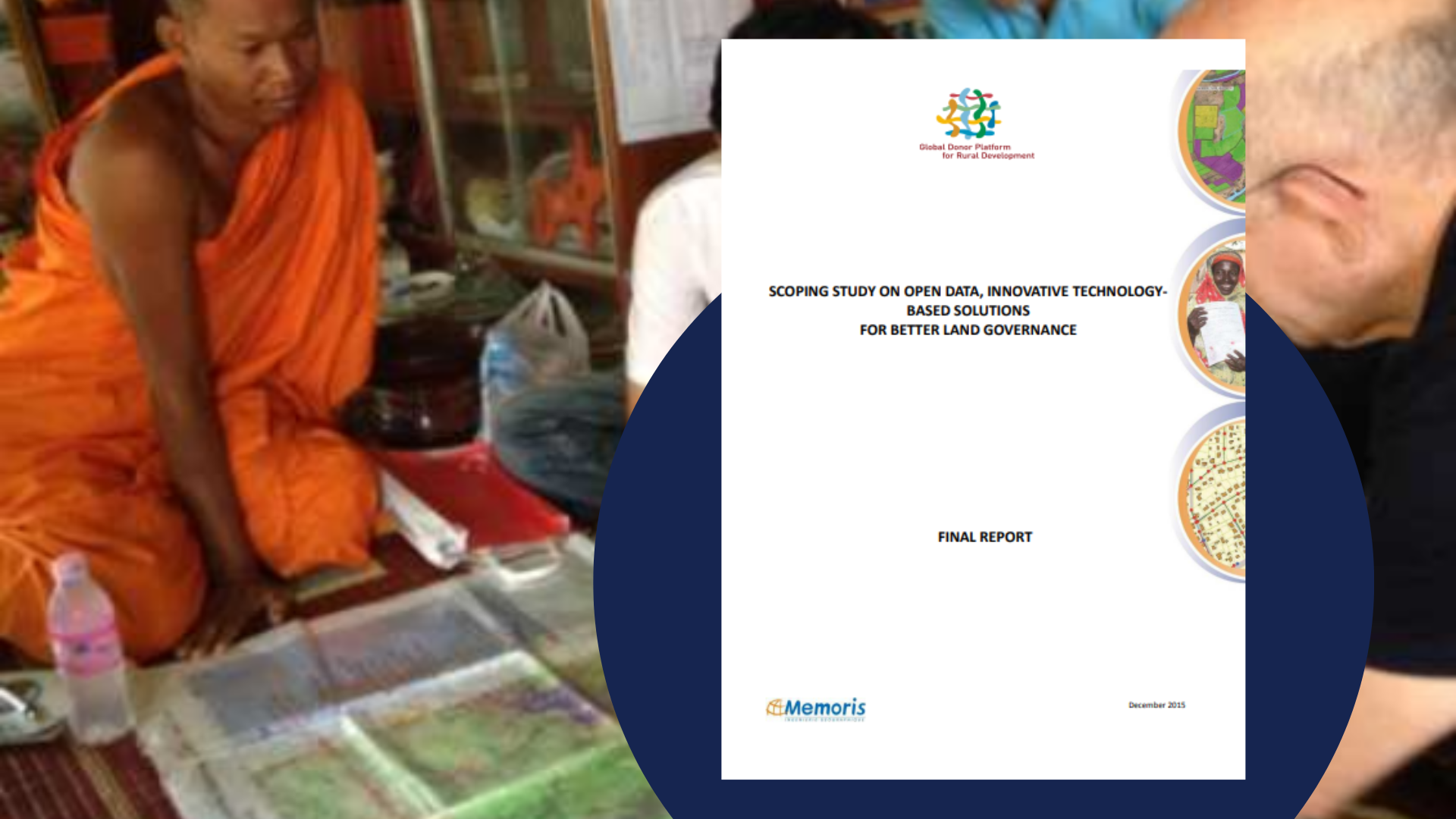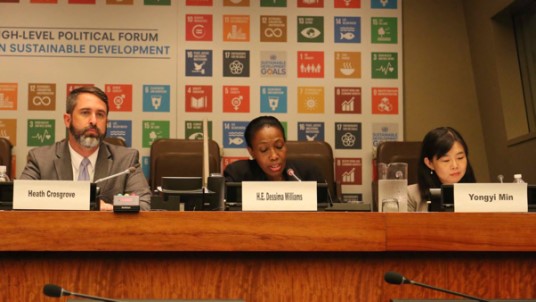Strengthening land governance and tenure security is rising on policy agendas. Governments all over the world, as well development agencies, financial institutions and others are investing significant resources in this area – an outlook on the Land Governance Programme Map shows donors’ investments in more than 120 countries worth over USD 4 billion. In order to justify all these investments and learn from available experiences to improve the design of programmes, policy makers and development partners are increasingly requesting rigorous evidence not only of outputs and outcomes at the project level, but also impacts such as on tenure security, incomes, gender equality etc. But what has been the capacity of these groups to deliver such information? What have been the greatest challenges to improve monitoring and evaluation systems? And even when available, is the evidence accessible to all and effectively used by policy makers? These were some of the questions explored in the meeting “Evaluating the impact of land governance interventions” organised by IFAD, MCC, the World Bank, in collaboration with the Donor Platform’s Global Donor Working Group on Land and GLTN.
Links
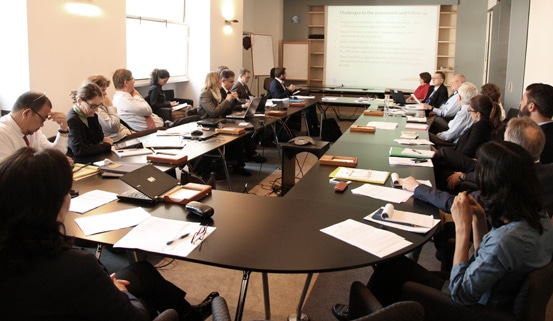
The evidence of absence is not absence of evidence
Discussions showed that, while several organisations funding and implementing land governance projects have monitoring systems in place, these systems do not always provide answers at the impact level – as they were not designed to do so in the first place. So, whether a project that allowed farmers to obtain land titles or certificates is also directly improving farmers’ access to food is still an open question.
But the meeting also showed a wealth of ideas to address this knowledge gap – though participants were quite aware of yet a long road ahead. They agreed that a lot more work is needed on the evaluation side, starting with better collaboration amongst development agencies commissioning surveys and gathering information, so the methodologies and data can be shared. This would provide global comparative land data, which in turn will help to generally monitor the Voluntary Guidelines for the Responsible Governance of Tenure of Land, Fisheries and Forests (VGGT), endorsed by countries, civil society and private sector representations at the Committee on World Food Security in 2012. One concrete suggestion is to incorporate evaluation documents in the Land Governance Programme Map, a database of over 600 land projects, and continue to hold meetings where monitoring and evaluation experts can exchange experiences and improve their systems.
